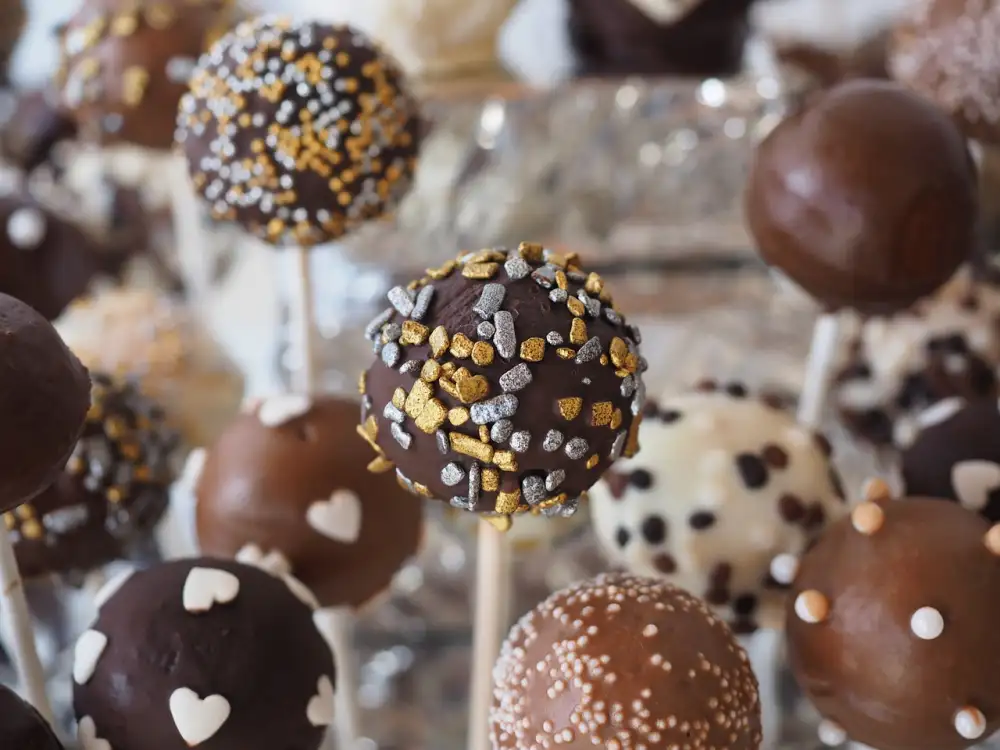Breaking News: Skittles Banned! Unveiling the Shocking Truth Behind the Prohibition

In a shocking turn of events, the beloved candy known as Skittles has been banned! This news has left candy enthusiasts and fans of the colorful treat in disbelief. Skittles, with its vibrant colors and fruity flavors, has been a staple in the confectionery world for years. But what led to this sudden prohibition? In this article, we will delve into the reasons behind the Skittles ban, explore its impact on health and well-being, examine legal issues surrounding its production, and uncover consumer reactions to this unexpected development. Join us as we unravel the truth behind this controversial decision and speculate on what lies ahead for Skittles and candy regulations.
The History of Skittles: A Popular Candy
Skittles, the colorful and fruity candy loved by many, has a rich history that dates back to 1974. Originally introduced in the United Kingdom, Skittles quickly gained popularity for its unique taste and vibrant colors. The candy made its way to the United States in 1979 and became an instant hit among candy enthusiasts. Over the years, Skittles has become synonymous with fun and enjoyment, captivating people of all ages with its irresistible flavors and chewy texture. With its iconic rainbow packaging and catchy slogan "Taste the Rainbow," Skittles has cemented itself as a beloved treat in the candy world.
The Reasons Behind the Skittles Ban
The decision to ban Skittles has left many wondering why such a beloved candy has been targeted. The primary reason behind the ban is the high sugar content in Skittles. With each serving containing about 47 grams of sugar, it exceeds the recommended daily intake for adults and children alike. Excessive sugar consumption has been linked to various health issues, including obesity, diabetes, and tooth decay. Additionally, Skittles contain artificial colors and flavors that have raised concerns about their potential negative effects on health. These factors have led regulatory authorities to take action and impose a ban on Skittles in order to protect public health.
Health Concerns: The Impact of Skittles on Well-being
Skittles, with their vibrant colors and fruity flavors, have long been a favorite treat for many. However, recent studies have raised concerns about the effects of Skittles on our well-being. These tiny candies are packed with sugar, artificial flavors, and additives that can have detrimental effects on our health.
Excessive consumption of Skittles has been linked to various health issues, including obesity, diabetes, and tooth decay. The high sugar content in Skittles can lead to weight gain and an increased risk of developing chronic conditions such as heart disease. Additionally, the acidic nature of these candies can erode tooth enamel over time.
Furthermore, Skittles contain artificial colors and flavors that have been associated with allergic reactions and hyperactivity in children. Some studies suggest that these additives may even contribute to behavioral problems and learning difficulties.
It is important to note that moderation is key when it comes to consuming any type of candy. While enjoying Skittles occasionally may not pose significant harm, regular overconsumption can negatively impact our overall well-being.
Legal Issues: Skittles and Regulatory Authorities
The ban on Skittles has raised several legal concerns. Regulatory authorities have been closely examining the ingredients and manufacturing processes of Skittles to determine if they comply with health and safety regulations. The Food and Drug Administration (FDA) has expressed concerns about certain artificial colors used in Skittles, which have been linked to allergic reactions in some individuals. Additionally, there have been allegations of misleading labeling practices by the manufacturer, prompting investigations into potential violations of consumer protection laws. As the legal battle unfolds, it remains to be seen how regulatory authorities will address these issues and what implications it will have for the future of Skittles.
Consumer Reactions: Public Response to the Skittles Ban
The public response to the Skittles ban has been nothing short of extraordinary. Social media platforms have been flooded with posts expressing shock, disbelief, and even outrage at the news. Many loyal Skittles fans have taken to Twitter and Facebook to voice their disappointment and frustration, sharing memories of their favorite candy.
Hashtags such as #SaveSkittles and #BringBackSkittles have quickly gained popularity, with thousands of users joining in the campaign to reverse the ban. Online petitions have also been circulating, urging regulatory authorities to reconsider their decision.
Some consumers argue that banning Skittles is an overreach by authorities, infringing on personal freedom and choice. They believe that individuals should be responsible for their own health decisions and that a complete ban is unnecessary.
On the other hand, there are those who support the ban, citing concerns about the negative impact of sugary snacks on public health. They argue that excessive consumption of candies like Skittles contributes to obesity, diabetes, and other health issues. These individuals believe that stricter regulations are necessary to protect public well-being.
Overall, the public response to the Skittles ban reflects a divided opinion on candy regulations. While some are passionate defenders of Skittles and its place in our society, others see it as a necessary step towards promoting healthier lifestyles. As this debate continues to unfold, it remains uncertain what the future holds for Skittles and how it will shape candy regulations moving forward.
Alternatives to Skittles: Exploring Similar Candy Options
With the ban on Skittles in place, candy lovers are left searching for alternatives to satisfy their sweet tooth. Fortunately, there are several similar candy options available that can provide a comparable taste experience. One such option is M&M's, which offers a variety of flavors and colors just like Skittles. Another popular choice is Starburst, known for its chewy texture and fruity flavors. For those who enjoy a sour twist, Sour Patch Kids can be a great alternative. And let's not forget about Jolly Ranchers, which offer a wide range of bold and long-lasting fruit flavors. While these candies may not be exact replicas of Skittles, they certainly provide a delightful substitute for those missing the beloved rainbow-colored treat.
In conclusion, the Skittles ban has raised important questions about the future of candy regulations. While the prohibition may have disappointed many Skittles enthusiasts, it also highlights the growing concerns regarding health and well-being. As more research is conducted on the impact of sugary treats, it is likely that stricter regulations will be implemented to protect consumers. However, this does not mean the end of delicious candies like Skittles. Manufacturers will need to adapt and innovate to create healthier alternatives that still provide a delightful taste experience. The future of Skittles and candy regulations remains uncertain, but one thing is clear - the industry must evolve to meet changing consumer demands for both enjoyment and wellness.
Published: 08. 12. 2023
Category: Home



